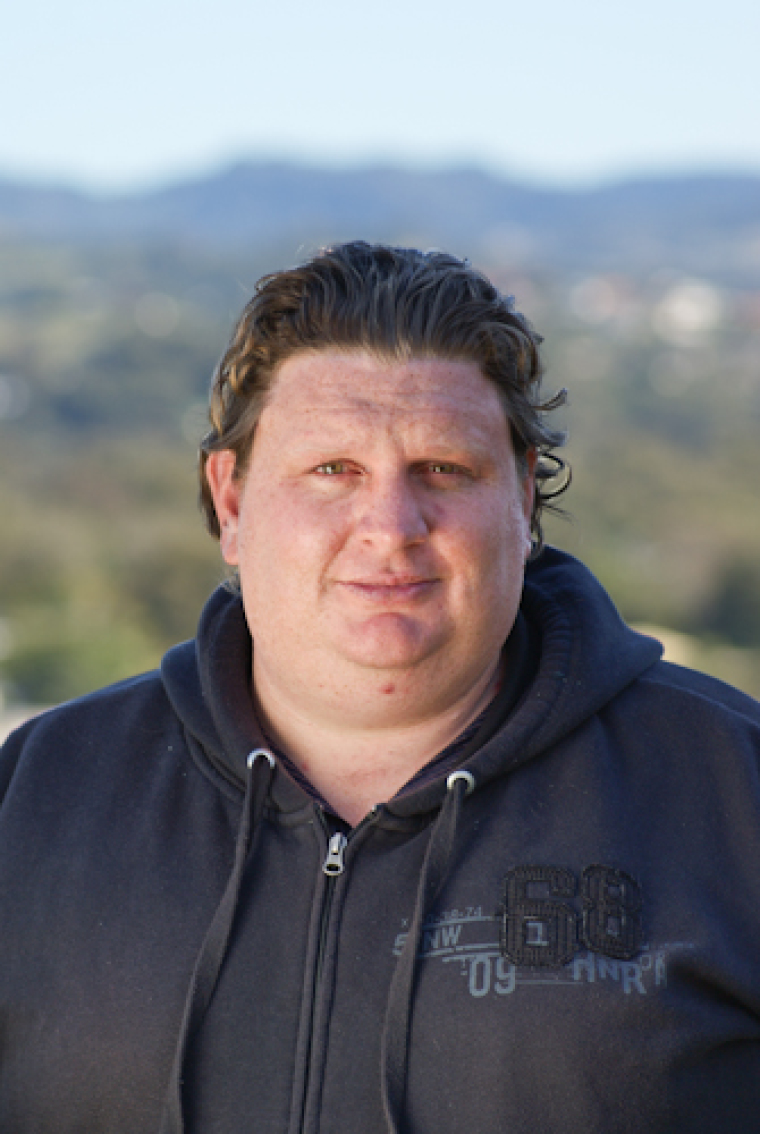
In steps:
David Gallop, a lawyer from the Super League Admin team who had shown a little nous for general management. It was no coincidence that the game started to recover the same year David Gallop took the reins.
Amidst all of the increased crowds, profit and momentum Gallop created for the game, there were some very difficult roadblocks he had to break through. The Bulldogs salary cap scandal and the Bulldogs ill-fated trip to Coffs Harbour in the off-season, had the potential to halt the momentum.
But no, David Gallop would not let the ship be swayed from moving forward, acting swiftly and with purpose, rugby league held its plotted course.
A couple of great years followed, then out of nowhere the Brian Waldron debacle surfaced at the Melbourne Storm headquarters, and right on its heels was the alleged incident involving Manly fullback, Brett Stewart. Although Stewart was not convicted, the damage done inside of the code was perhaps the beginning of the end for one, Mr David Gallop.
The heralding of a new commission in 2012, in the National Rugby League seems to have left the job as CEO, a redundant position.
From the outside it appeared that John Grant saw himself as an "unofficial CEO" of the NRL. This in my mind would be at odds, with the ethos behind creating a commission, in the first instance.
In the wake of the "mutual resignation" of David Gallop, the mood amongst most Sydney followers of the game is high, based on the fact David Gallop came from the "Super League" camp.
Another baffling development is the call to reinstate dormer CEO John Quayle, to the top job. Those outside the inner Sydney rugby league click, understand that this would be like returning to the dark ages, where it was deemed that the game was run for the Sydney Clubs by Sydney Clubs.
The passion of fans, clubs and players, from the early Sydney league of rugby league holds a special place in the standing and history of the game. But there comes a time when you must grow to survive, and although the "Super League/ ARL" division was extremely painfully, I believe that ultimately, it ratified the need for Rugby League become a true "national" sport, run by an administration with a national mindset.
Therefore a return to John Quayle might be popular in the old school inner sanctum, but in my view it could spell disaster to the NRL moving forward, particularly in the middle of a "national code war" that's battling for fans and advertising rights.
Whatever happens in the coming months its vital that the new television rights deal maximises the product of rugby league, thus giving the league the potential to match it with the big boys over in the AFL.